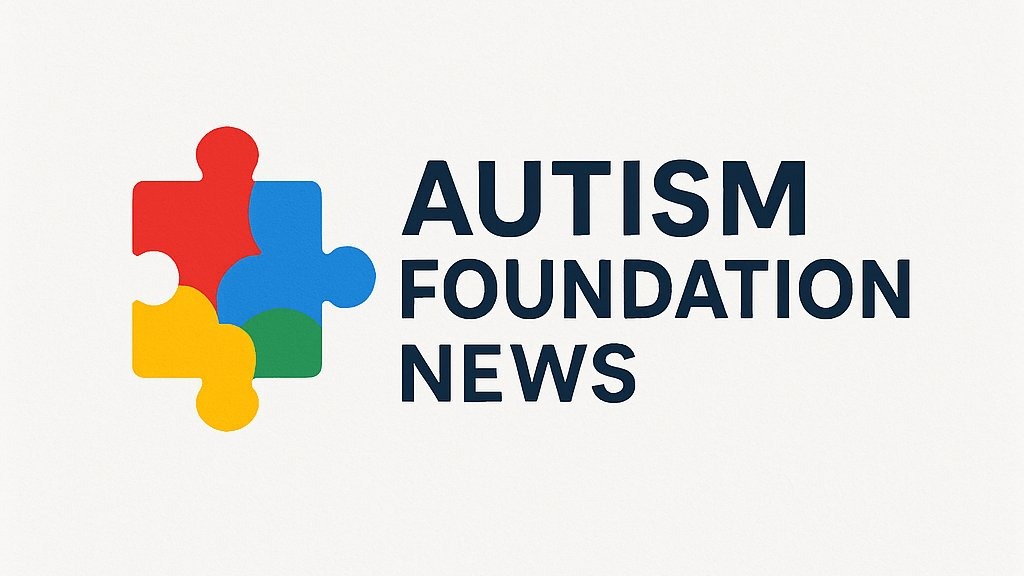
The Crucial Role of Self-Determination in Childhood
Building self-determination in childhood is a foundational aspect of crafting resilient, autonomous individuals - a perspective that is gaining traction in discussions surrounding neurodiversity and education. It raises a compelling question: why is it that children experience a stark shift from minimal autonomy in their formative years to complete independence upon reaching adulthood? This abrupt transition can be overwhelming, especially for neurodivergent individuals who may particularly benefit from gradual exposure to decision-making.
Understanding Self-Determination
Self-determination, fundamentally, is about choice. It allows individuals to make decisions that affect their lives, fostering a sense of agency. For children, especially those on the autism spectrum, the ability to make decisions can have long-lasting impacts, shaping their confidence and capabilities. Evidence suggests that when children practice autonomy early in life, they develop essential skills that prepare them for the challenges of adulthood. This preparation is particularly crucial in academic environments, where many neurodivergent individuals might struggle when faced with the freedom (and accompanying responsibilities) of college life.
Long-Term Benefits of Encouraging Choices
Offering children opportunities to make choices can significantly influence their trajectory. For instance, children who engage in self-determined learning may find it easier to adapt to the demands of post-secondary education. They enter this phase equipped with decision-making skills honed through experiences that include making mistakes in low-stakes environments. As the article highlights, the potential negative consequences of poor decisions are less grave during childhood compared to the pressures of adult life. This proactive approach can ultimately lead to enhanced resilience and lower dropout rates among students.
Addressing Cultural and Institutional Barriers
Despite the proven benefits of self-determination, many educational systems remain rigid and authoritarian, stifling a child’s natural inclination to engage in decision-making. This authoritarian culture can lead to disengagement, particularly among middle school students who feel detached from their educational paths. If children perceive their schooling as meaningless, their motivation dwindles, leaving them ill-prepared for future responsibilities. For parents and educators, it’s essential to recognize how institutional practices can inhibit a child’s growth.
Finding the Balance
There exists a delicate balance when it comes to offering increased responsibility. We must be cautious not to overload children with choices to the point of inducing stress. Instilling a sense of responsibility should occur gradually, integrating learning opportunities with the freedom to make decisions within a safe framework. According to experts in developmental psychology, this approach helps ensure that the stakes remain manageable and that children can learn from their experiences without overwhelming pressure.
Encouraging Autonomy: Strategies for Parents and Caregivers
Parents and caregivers play an essential role in this journey towards self-determination. They can encourage autonomy by allowing children to make choices about minor daily tasks, support them in setting personal goals, and instill confidence through positive reinforcement. For instance, allowing children to choose their clothing or assist in meal planning can provide them with a sense of control over their environment, cultivating independence.
Moreover, engaging in open discussions about decision-making processes can demystify the reasoning behind choices, providing children a framework to navigate their preferences and the consequences of their actions. This method promotes critical thinking, ultimately preparing them for future challenges with a sense of competence and assurance.
Conclusion
Encouraging self-determination in childhood is not merely an educational strategy; it is vital to fostering well-rounded individuals equipped to navigate adult life with confidence. As parents and educators, we hold the responsibility to gently guide children toward making their own decisions, providing them the tools to thrive in a world where autonomy is both empowering and necessary. This small shift in focus could lead to profound long-term benefits, paving the way for a generation that feels secure in their ability to make informed choices.
 Add Row
Add Row  Add
Add 




Write A Comment